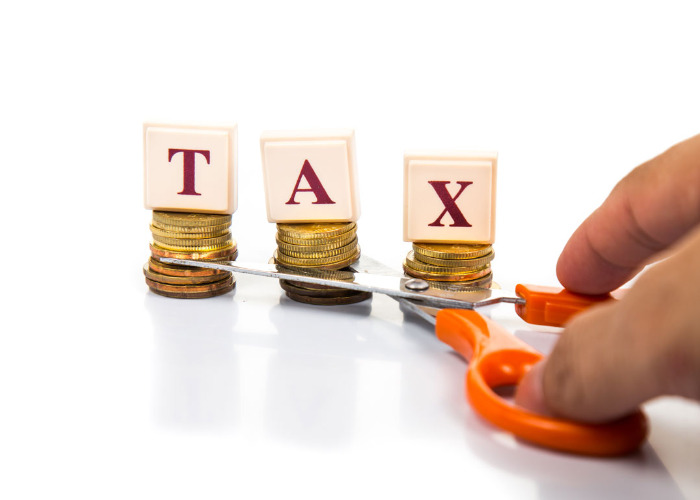State Pension set to rise by 3% next year

Rising inflation means the State Pension is set to increase by 3% next April, unless the Chancellor intervenes.
The State Pension is set to rise by 3% in April 2018/19 – the biggest jump in the benefit since April 2012.
The rise is linked to inflation as measured by the Consumer Price Index (CPI), which the Office for National Statistics today revealed has jumped from 2.9% in August to 3% in September.
September’s inflation data is important as it is used to adjust benefits and tax thresholds for the following tax year.
The Chancellor Philip Hammond will need to confirm the State Pension increase in his Budget on 22 November, but we thought we would look at exactly how much pensioners may get based on the 3% increase.
How much will the State Pension pay in 2018/19?
Pensioners entitled to the new State Pension will see their payments increase from £159.55 per week to £164.34 a week if the 3% rise is confirmed.
The change means they will be nearly £250 better off by the end of the tax year, with total annual income boosted from £8,296.60 to £8,545.50.
Those that receive the basic State Pension will also see their weekly payments increase from £122.30 to £125.97.
The 3% increase means that annually these pensioners get a total of £6,550.39 in 2018/19 up from £6,359.60 in 2017/18 – which means they will be £190.79 better off over the course of the year.
Of course, this is in pure cash terms: the eroding effects of inflation could mean you will be no richer – or even poorer – in real terms, depending on your spending habits.
How State Pensions are uprated
The State Pension is protected by a ‘triple lock’ promise, which was introduced in 2011.
This means it is guaranteed to rise each year by the higher of September CPI inflation, average wage growth or 2.5%.
Here’s how the State Pension has been uprated over the last six years.
|
|
State Pension was uprating |
Which part of the triple lock kicked in? |
|
April 2011 |
4.6% |
Inflation (RPI)* |
|
April 2012 |
5.2% |
Inflation (CPI) |
|
April 2013 |
2.5% |
Guaranteed minimum |
|
April 2014 |
2.7% |
Inflation (CPI) |
|
April 2015 |
2.5% |
Guaranteed minimum |
|
April 2016 |
2.9% |
Average earnings |
|
April 2017 |
2.5% |
Guaranteed minimum |
*Change of index from RPI to CPI for the inflation part of triple lock was delayed for the State Pension until April 2012 (see 2.33 of the 2010 Budget book if you want the full details and have a lot of time on your hands)
With inflation higher than earnings and the arbitrary 2.5% lock, this will be the figure used to determine the rise in the State Pension next year.
Is it time to ditch the Triple Lock?
The triple lock was introduced by the Coalition Government to help lift pensioners out of poverty, but many are calling for it to go as pensioner incomes have recovered, the promise is expensive and rising inflation is rendering it obsolete.
The influential Commons Work and Pensions Committee says the State Pension guarantee is unsustainable as it will cost an extra £4.5 billion a year over the next five years meaning it will account for a much bigger share of national income.
While figures from the independent research group Pensions Policy Institute show that, if the triple lock is kept in place, the cost of providing the State Pension will rise from 5.3% of GDP to 7.2% by 2046.
However, while the move seemed to be gaining traction with the Conservatives earlier this year, the shock election result appears to have put any plans to scrap the triple lock on hold.
Get more news that affects the pound in your pocket by signing up to the free loveMONEY.com email newsletter
Comments
Be the first to comment
Do you want to comment on this article? You need to be signed in for this feature